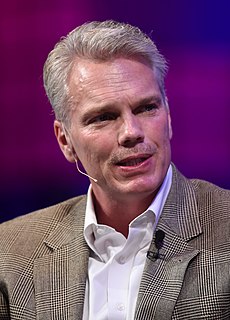A Quote by Arthur Helps
No man has ever praised to persons equally-and pleased them both.
Related Quotes
There are two equal and opposite errors into which our race can fall about the devils. One is to disbelieve in their existence. The other is to believe, and to feel an excessive and unhealthy interest in them. They themselves are equally pleased by both errors and hail a materialist or a magician with the same delight.
Those mutually opposed manifestos are written with the same eloquence, they breathe the same virtuous indignation, and one is just as sincere as the other; that is to say both of them are equally brazen in their lies, and it is only fools who are deceived by them. Sensible persons, all those who have had some political experience, do not even take the trouble of reading such manifestos.
The first who attracts the eye, the first in enlightenment, in power and in happiness, is the white man, the European, man par excellence; below him appear the Negro and the Indian. These two unfortunate races have neither birth, nor face, nor language, nor mores in common; only their misfortunes look alike. Both occupy an equally inferior position in the country that they inhabit; both experience the effects of tyranny; and if their miseries are different, they can accuse the same author for them.







































